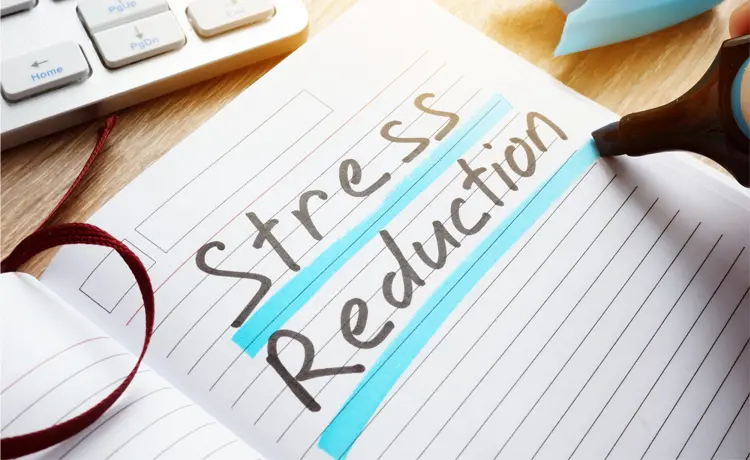During an infectious disease outbreak, citizens feel anxious or show signs of stress. Fear and anxiety about an outbreak can be overwhelming. These stress reactions are normal. Remind those in your community to prioritize their physical and mental health during infectious disease outbreaks. Encourage them to know the signs of stress they may experience during these situations and learn how to reduce their stress levels.
Signs of Stress
During an outbreak, everyone reacts differently. A person's response can depend on multiple factors, such as their background or the community they live in. Take note of the following behavioral, physical, emotional and cognitive responses to stress.
Behavioral signs include:
- Worrying excessively.
- An increase or decrease in energy and activity levels.
- Wanting to be alone most of the time.
- An increase in alcohol consumption or tobacco use or use of illegal drugs.
- Having trouble relaxing or sleeping.
Physical signs include:
- Stomachaches or diarrhea.
- Tremors or muscle twitches.
- Sweating or chills.
- Decrease or increase in appetite.
- Headaches or other pains.
Emotional signs include:
- Being anxious or fearful.
- Feeling depressed, guilty or angry.
- Not caring about anything.
- Feeling overwhelmed by sadness.
- Feeling heroic, euphoric or invulnerable.
Cognitive signs include:
- Having trouble remembering things, thinking clearly or concentrating.
- Feeling confused.
- Having trouble making decisions.
Coping with Stress
Some people may react more strongly to the stress of a crisis, including:
- Older people and people with chronic health issues that put them at a higher risk.
- Children and teenagers.
- People who are helping with the response to an outbreak, such as health care providers or first responders.
- People who have mental health conditions, including problems with substance abuse.
It is especially important for people who fall into these categories to take care of their mental health. As a community leader, you can help your people find effective ways to cope with stress during infectious disease outbreaks.
Ways to Relieve Stress
Remind residents that if they are experiencing stress, it is very important to take time to take care of yourself. Convey the following tips for stress relief.
- Keep things in perspective. While it is important to remain updated about the outbreak, you should also minimize exposure to media outlets or social media that might promote fear or panic. Hearing about the outbreak can be upsetting. Take a break to focus on things in your life that are going well and that you can control.
- Get the facts. Find reliable resources you can turn to for accurate health information. You may turn to your family doctor, a state or local health department, U.S. Government agencies, such as the Centers for Control and Disease Prevention (CDC), or an international organization.
Take care of your body.
- Eat healthy, well-balanced meals and drink water.
- Avoid drugs and excessive amounts of alcohol and caffeine.
- Get enough sleep and physical exercise.
- Wash your hands frequently.
- Follow instructions provided by health officials.
and:
- Make time to unwind. Relax your body by doing things that work for you: Take deep breaths, stretch, meditate or engage in enjoyable hobbies.
- Pay attention to your body and feelings. Recognize early signs of stress. Know that stress is a common reaction to an infectious disease outbreak.
- Connect with others. Use the telephone, email, text messaging or social media to connect with loved ones. Share your concerns and express how you are feeling.
Where to Find Additional Help
If stress reactions persist for several days or weeks, or you feel overwhelmed with emotions such as sadness, depression or anxiety, call:
- 911.
- The National Suicide Prevention Lifeline at: 800-273-8255
- Substance Abuse and Mental Health Services Administration’s (SAMHSA’s) Disaster Distress Helpline at 800-985-5990 or text “TalkWithUs” to: 66746
For more information on health and wellness topics, browse the QuickSeries® library of guides, including Public Health Emergencies and Emerging Infectious Diseases. Do you need a customized outreach product? Reach out to an Account Manager!
